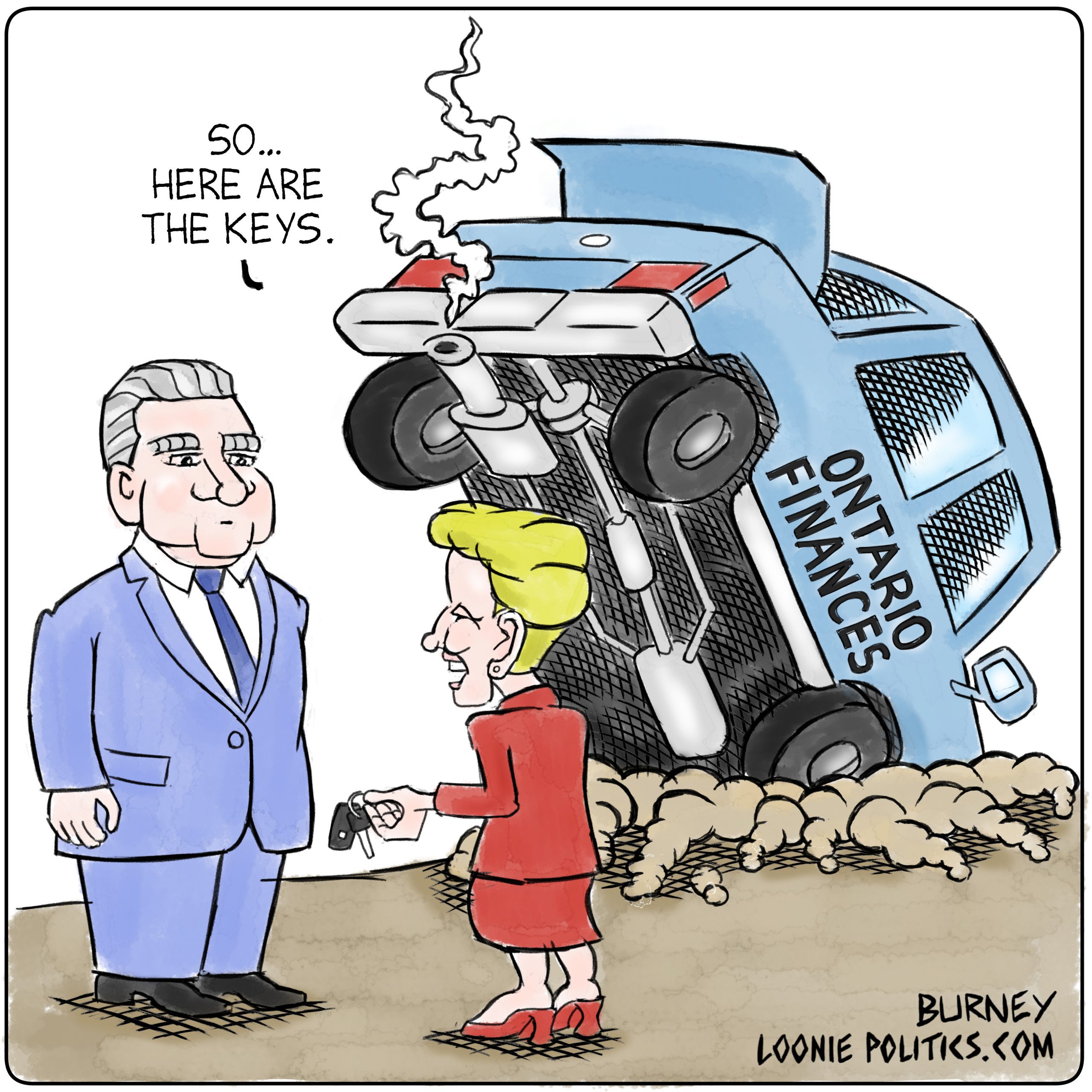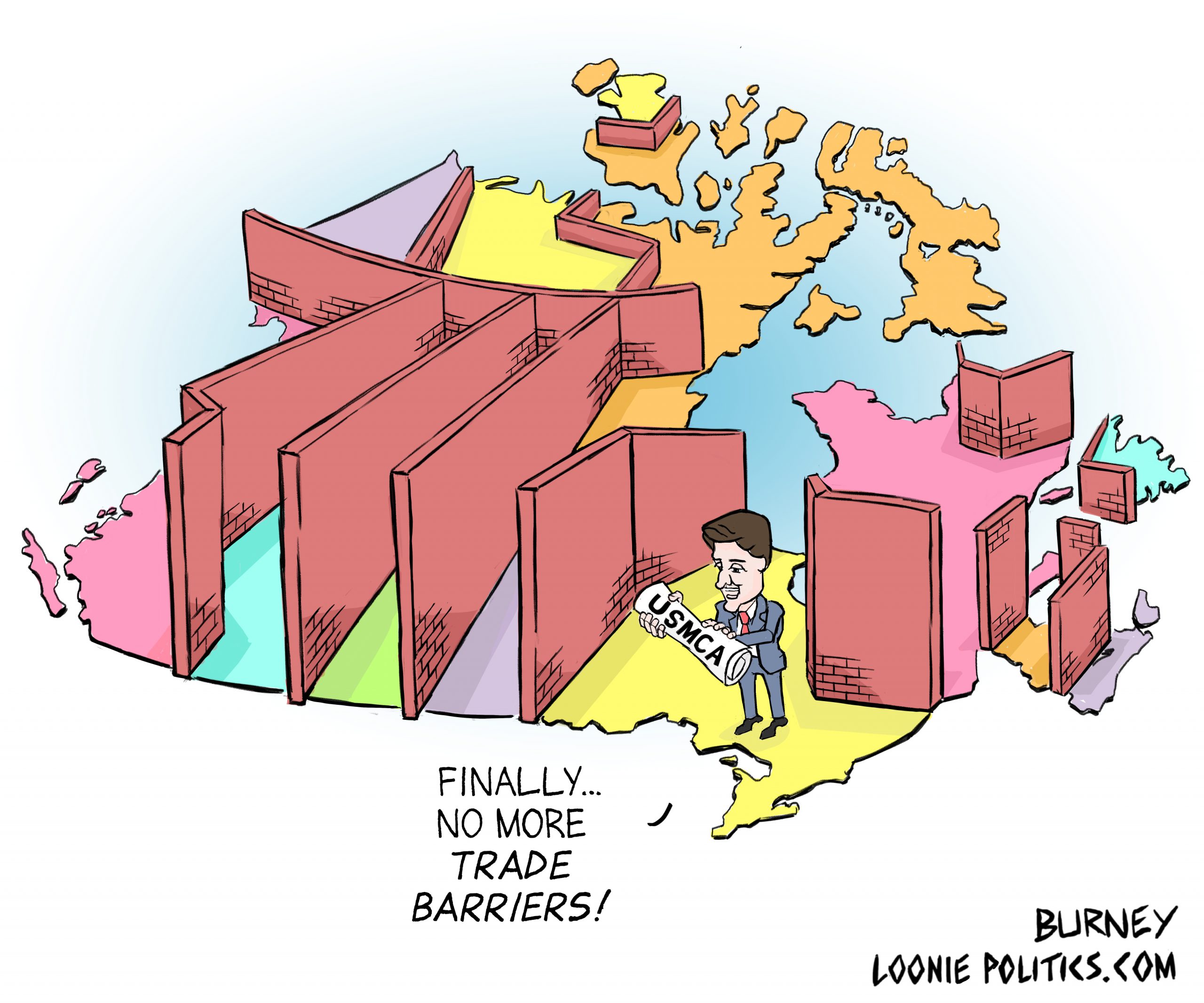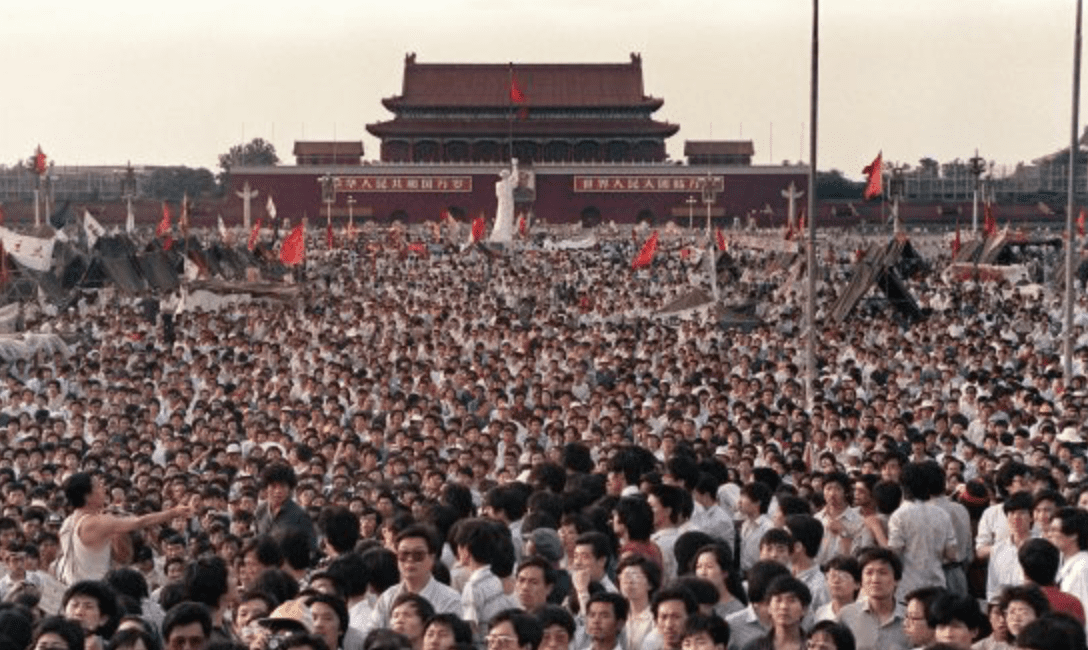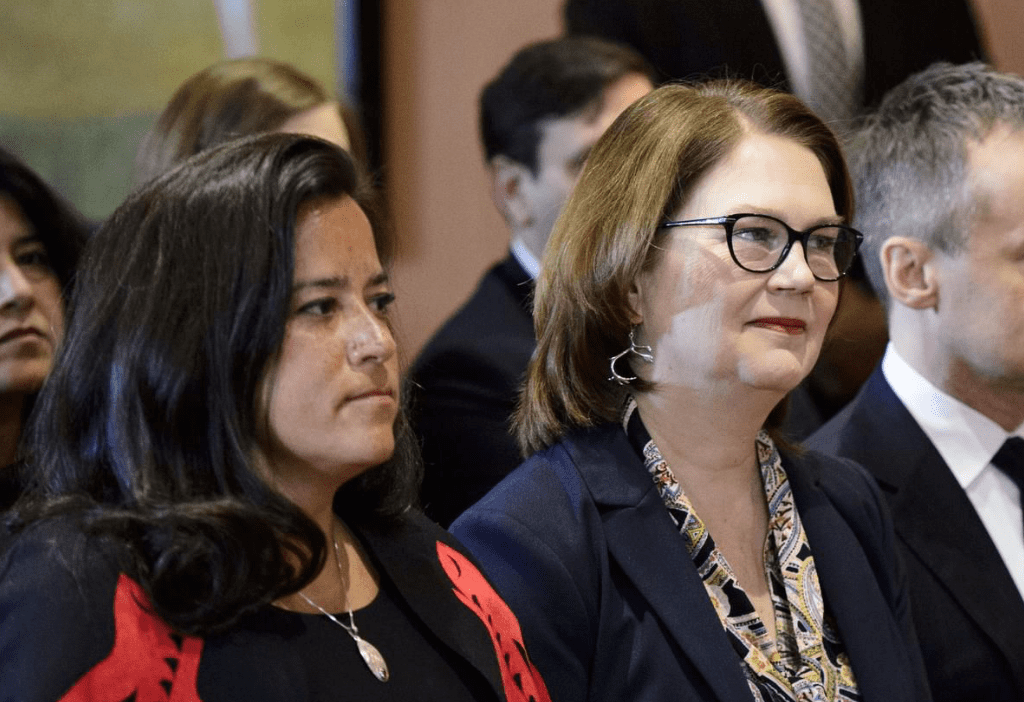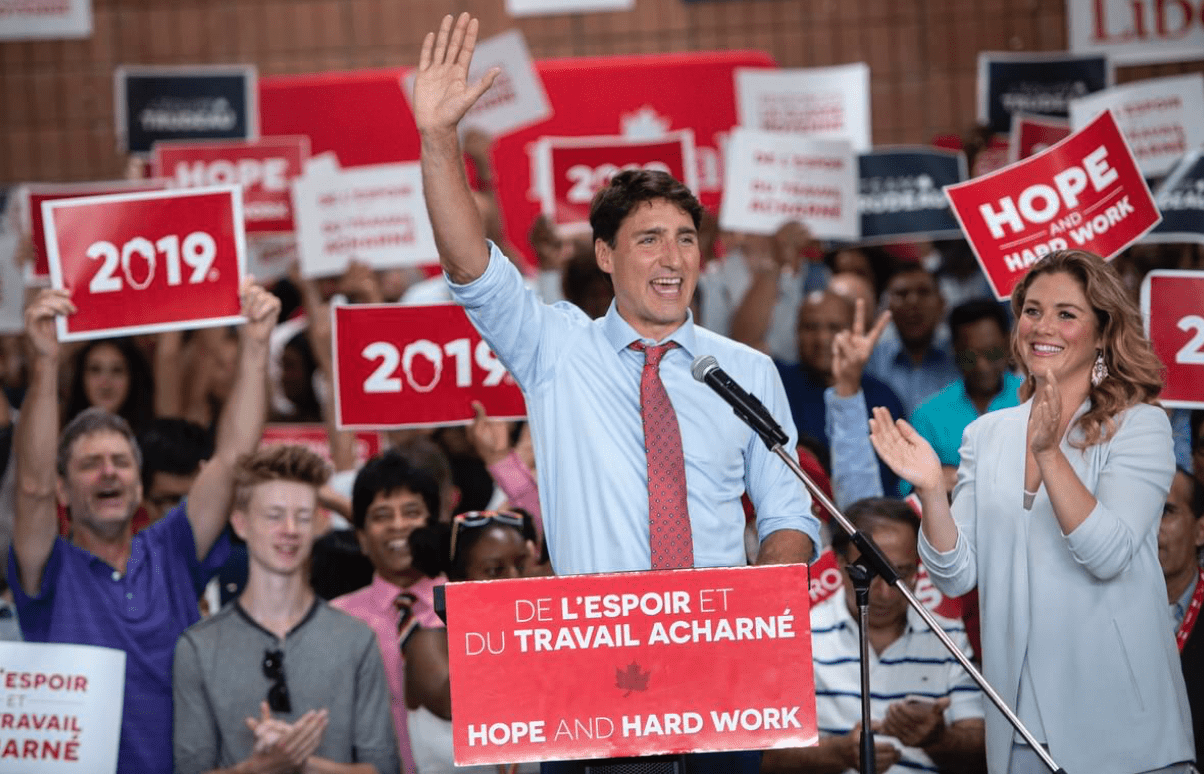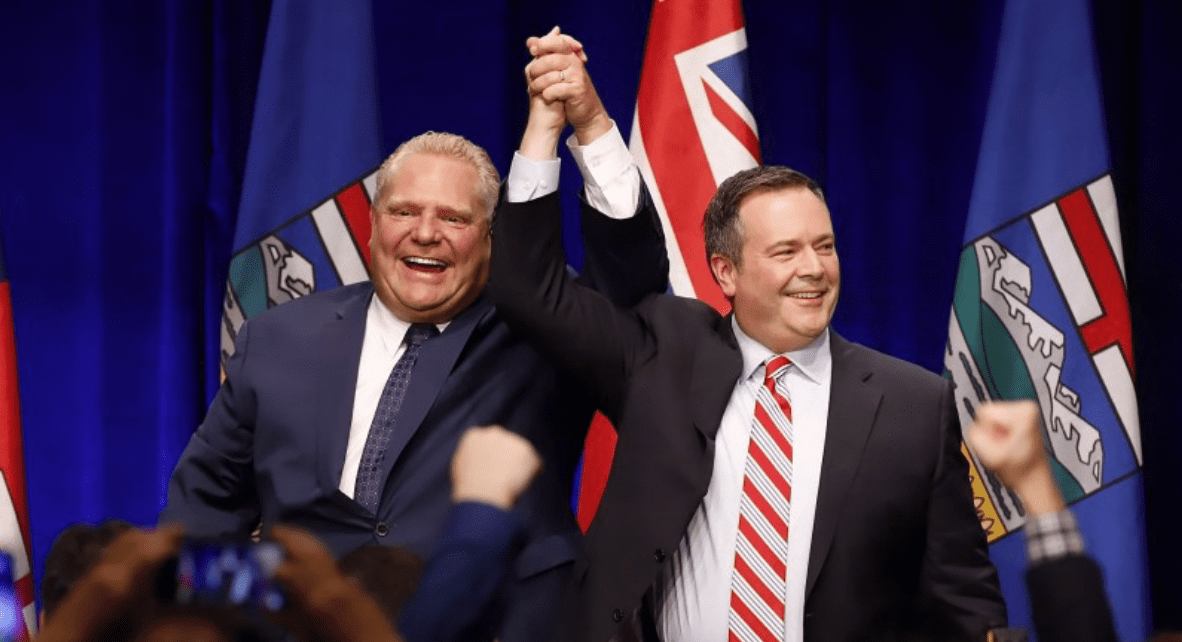One wonders if the authors of the Missing and Murdered Indigenous Women and Girls report, which alleged, among other things, that the federal government "committed with intent to destroy, in whole or in part, an identifiable group of persons" were as upset about Kyle Lowry being shoved by a part owner of the Golden State Warriors after scoring 23 points in Game 3 of the NBA Finals.
Time will tell whether their report released mere months before the most important federal election in world history will succeed in dividing Canadians and give succour to Trump and his Russian bot allies. For now, the commission's song-and-dance- a "rain dance", if you will has placed a black storm cloud over the Raptors sunshine season. Now, Canadians have to contend with the disagreeable notion that what happened in the distant past of a few years ago is comparable to the Holocaust. It's "Arbeit Macht Frei" instead of "Arbeit Macht Free-Throw".
It's not as though Canadians don't understand the suffering of their Indigenous brethren. Let's not forget how basketball was our game, invented by Dr. James Naismith of Almonte, Ontario, before the Americans stole it. Ever since then, the Americans have sought to "kill the Canadian, save the man," involuntarily seizing sports heroes like Wayne Gretzky away from us much like Indigenous children were ripped away from their parents.
But unlike the authors of the report, we stoically bore the slings and arrows, the slights and biased ref calls, without making a scene in front of everybody. We endured ESPN calling the Leafs the worst sports team in North America. We endured having to pay Rogers through the nose to get live games in HD. We endured the back and forth between Alex Anthopolous and Mark Shapiro. And right now, we're having to endure American TV networks taking a page DIRECTLY from the Trump playbook by implying Our Team was rating poison.
All the while, our Raptors were quietly hoping and working hard, just like our Prime Minister says, to build a great big wide-open patriotism tent for all Canadians, instead of a small, self-interested, narrow, all-or-nothing teepee. Today, the contrast between the jubilation inside Jurassic Park to the killjoy atmosphere on reserves speaks for itself.
How could anyone take a look at Official Raptors Superfan Nav Bhatia and think that Canada in the 21st century could be capable of genocide, unless they had some sort of tomahawk to grind? Nav is the face of Canada to the world now, and he didn't get there by engaging in "Samosa Politics."
In Canada, black men like Drake are given the crucial task of courtside trolling Kevin Durant with a Home Alone themed shirt. Do you think for one second that he'd be able to rise to that position in America, or would he vanish into obscurity after ending up on the losing end of a rap beef with Pusha T?
And only in Canada could a Nigerian-born team president compile a team with only one Canadian-born player, take them to the playoffs, and have them become "Canada's team" after being proclaimed as such by our sports media. Meanwhile, former BC judge Marion Buller, Chief Commissioner for the National Inquiry into Missing and Murdered Indigenous Women and Girls, has probably never even made a single three-pointer.
Like most Canadians, I'm not going to bother reading the actual report due to its use of a word that I don't agree with, but I hope that, buried in the 200 recommendations and the 1,200 pages, someone suggested that we convert the reserves into Raptors training camps, where children are taught how to fadeaway so that they won't fade away.
But I guess no matter what you do, some people just can't be satisfied. Just like Jody Wilson Raybould, who was generously given a position of privilege by the Liberals and used that position to try and perpetrate a coup against the Prime Minister. Luckily, wise Canadians saw right through that, and when the Raptors clinch their first-ever championship people will have even fewer reasons to remember these "office cubicle-feuds".
Even so, if the Raptors can't close the deal, we'll know who to blame, won't we?
Written by Josh Lieblein





